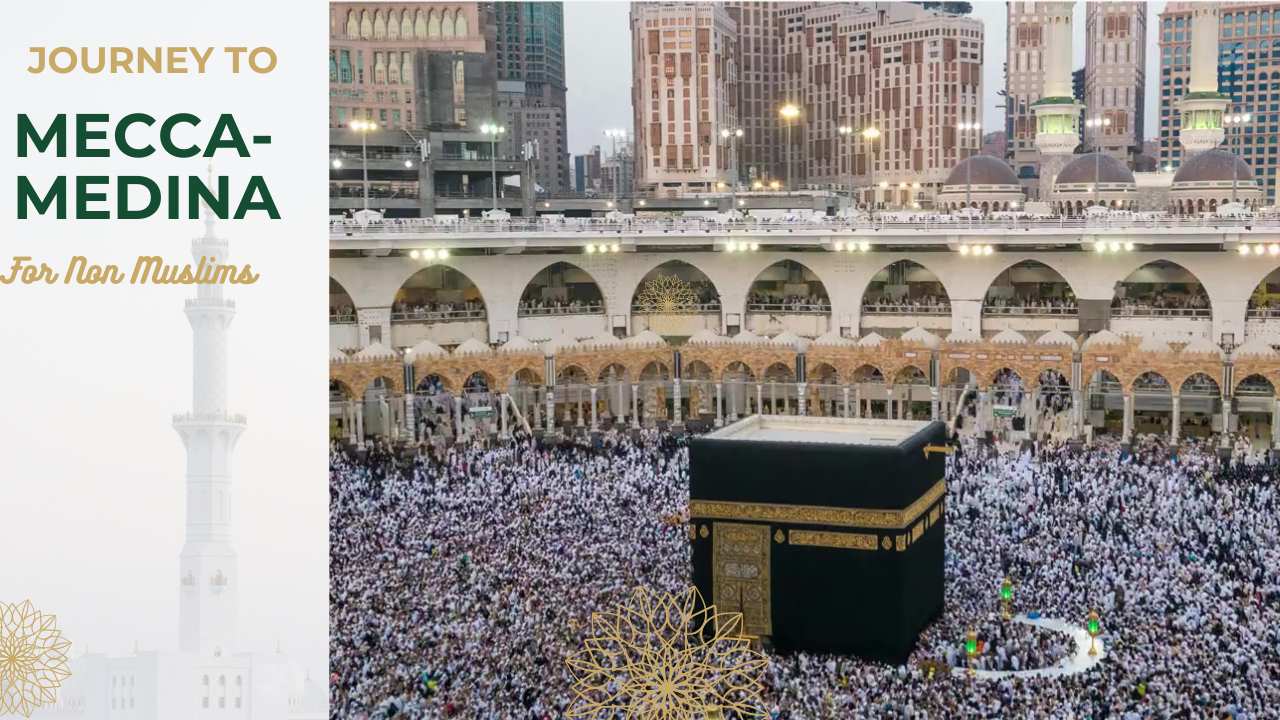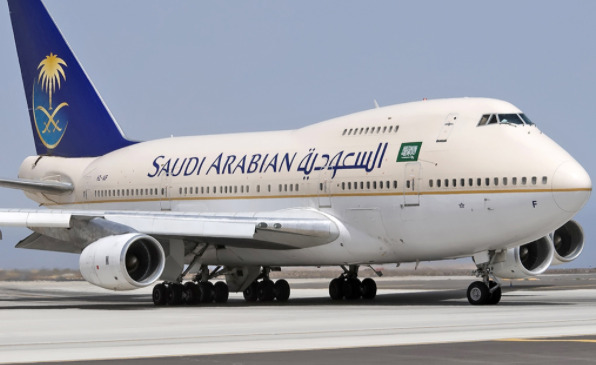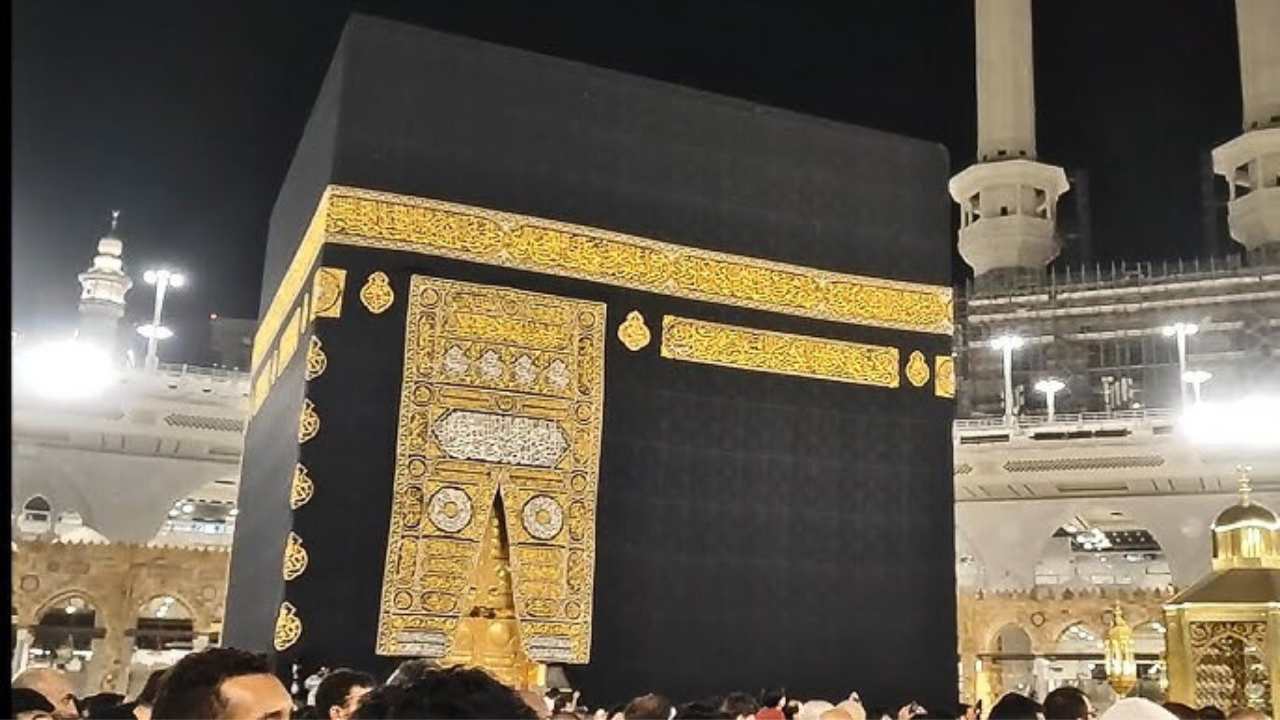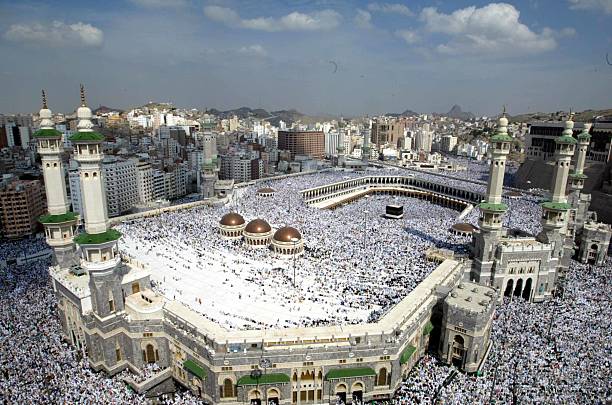Makkah holds the utmost sacred status in Islam. It is thought to be where God first communicated with humanity, with the city focused on the Kaaba, believed to be where God first spoke to Prophet Abraham. Each day, over a billion Muslims perform the 5 daily prayers facing mecca. Non-Muslim visitors, such as Jews or Christians, inquiring about visiting Makkah are told that they are not allowed. The prohibition stems from Islamic beliefs and is viewed as a complicated matter. Makkah is a holy refuge exclusively for Muslims, and this tradition is rooted in the teachings of the Quran, the sacred text of Islam. The ban is commonly attributed to Surah Al-Tawbah, which warns believers to keep polytheists away from Al-Masjid Al-Haram after their final year (9:28). The original Arabic word for polytheists is Mushirk. Mushirk is a person who connects other entities to God In addition, the Prophet Muhammad (SAW) taught that Makkah and Medina are holy regions which should not be polluted by non-Muslims. He stated, ““No unbeliever may enter Makkah. No one may circumambulate the Kaaba naked or perform the pilgrimage naked” (Sahih Muslim, 1355). According to Islamic law, non-Muslims are therefore permitted to visit Madinah but not Makkah. For those who wish to visit Makkah, have various queries, especially for tourists and people who wants to practice different religions. But, it is forbidden for non-Muslims to enter holy place. The basis for this limitation stems from the fundamental beliefs and past of Islam.
Saudi Arabian government
The Saudi Arabian government has consistently enforced the regulation that only Muslims are allowed to enter Makkah for many centuries. Non-Muslims, if tries to violate the rule and entered into Makkah may experience severe outcomes like being held in custody or being sent back to their country. This regulation exists to maintain the holiness and cleanliness of Makkah as an extremely respected area for Muslims. Permitting non-Muslims to visit may lead to disrespecting the sacred locations and reducing their importance for the Muslim population. Besides the religious and cultural grounds, security worries also support the barring of non-Muslims entering Makkah. The Saudi Arabian government is highly committed to protecting the holy cities and their visitors. It believes that limiting entry to these cities is essential to guarantee their well-being.
Tourist visiting Saudi Arabia
Tourists are not allowed to enter Makkah. However, they can visit other areas of the country, like Madinah, Riyadh, or Jeddah, and experience the generosity and traditions of the Saudi locals. There are a lot of different sites or historical places to discover which can catch the tourist’s attraction, and currently, the government is also aggressively promoting tourism in their nation. What occurs if a non-Muslim enters Makkah? If a non-Muslim enters Makkah secretly, they will be arrested by the Saudi government and then deported. The Saudi government confidently maintains the ban on non-Muslims entering Makkah, and if someone tries to violate the rules may face severe consequences like incarceration and fines.
How do they verify if you’re Muslim in Makkah?
Regarding acceptance into the holy city of Makkah, the Saudi government enforces strict regulations to ensure that only Muslims are allowed entry. Checking their passports is a method used to confirm the visitors' religion. The passport will be checked at the registration counter upon arrival in Saudi Arabia. If an Israeli visa stamp is discovered on the passport, it will be deemed void. Furthermore, individuals who are not followers of Islam are not permitted to request the exclusive Hajj or Umrah visas, necessary for gaining entry to Makkah and Medina. Additionally, there are checkpoints and barriers on the roads to Makkah in order to allow only Muslims to access the city. At these checkpoints, you have to show them your Hajj or Umrah family visas along with your identification cards, which will specify your religious affiliation. Also there are policemen assigned to keep an eye on guests' behavior and appearance to ensure that they are abiding by Islamic customs and norms.
Can tourists visit any mosque in Saudi Arabia?
Non-Muslims are allowed and even recommended to tour mosques in Saudi Arabia, except for Masjid Al Haram and its neighboring holy areas. Nonetheless, visitors from other religions are welcome to Madinah, which is in Saudi Arabia's north. However, they are not permitted to go into the Prophet Mohammed's cemetery, which is located in the prophet's mosque. Non-Muslims might also encounter restrictions on accessing mosques during any of the five daily prayers in Islam. Other than that, Non-Muslims are typically invited to visit mosques in Saudi Arabia. Even though they might have to adhere to particular restrictions or protocols, like attire and conduct. Guests are frequently asked to take off their shoes and wear conservative clothing, while photography and loud conversations might be prohibited. Certain mosques offer educational areas where individuals who are not Muslim can inquire about Islam and expand their knowledge about the nation and its faith. The crux of the matter is that Makkah, one of the holiest towns in Islam, generally denies non-Muslims entry. This is a result of the significance of these places religiously and the Islamic notion that only Muslims are permitted entry. Even at this point, there are plenty of other things to discover and take pleasure in, allowing visitors and tourists to fully involve themselves in Saudi Arabia's rich past and culture. But while you're there, be careful to abide by all national rules and regulations and show respect for the cultural norms and practices of the area.





